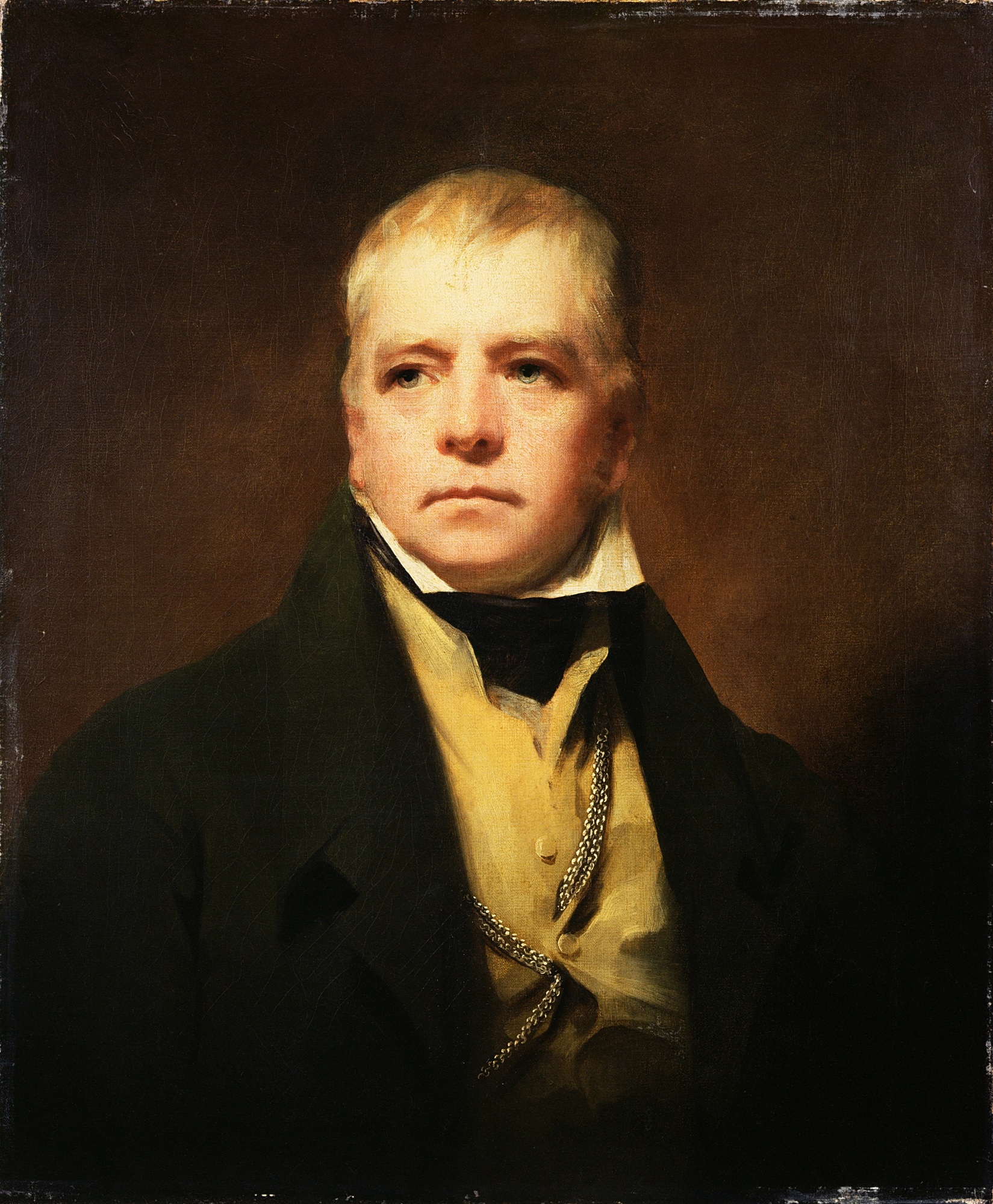Walter Scott frasi celebri
citato in Harold Acton, Gli ultimi Borboni di Napoli
citato in L'Unità Arte, n. 12, 1997
Walter Scott Frasi e Citazioni
Origine: Citato in William Somerset Maugham, Pride and Prejudice, in «Atlantic», 181, 5 maggio 1948; trad. it. di Marco Fiocca in Jane Austen, Orgoglio e pregiudizio, Oscar Mondadori, Milano, 2014, pp. 383-384. ISBN 978-88-04-50615-7
Variante: La vendetta, caro signore, la vendetta, la quale, pur essendo un peccato da gentiluomo come il vino, le orge, con il loro et coetera, è altrettanto poco cristiano, e non altrettanto senza effusione di sangue. E' meglio scavalcare il recinto di un parco per appostare una dama od una donzella, che sparare contro un vecchio.
Walter Scott: Frasi in inglese
Canto IV, stanza 1.
The Lady of the Lake http://www.gutenberg.org/etext/3011 (1810)
Canto III, stanza 2.
The Lay of the Last Minstrel (1805)
Contesto: In peace, Love tunes the shepherd's reed;
In war, he mounts the warrior's steed;
In halls, in gay attire is seen;
In hamlets, dances on the green.
Love rules the court, the camp, the grove,
And men below, and saints above;
For love is heaven, and heaven is love.
“Revenge is the sweetest morsel to the mouth, that ever was cooked in hell.”
The Heart of Midlothian', Ch. 30 (1818).
Origine: The Heart of Mid-Lothian
“All men who have turned out worth anything have had the chief hand in their own education.”
Letter to J. G. Lockhart (c. 16 June 1830), in H. J. C. Grierson (ed.), Letters of Sir Walter Scott, Vol. II (1936), as reported in The Oxford Dictionary of Quotations (1999), p. 652
“O, what a tangled web we weave,
When first we practise to deceive!”
Canto VI, st. 17.
Variante: Oh what a tangled web we weave when first we practice to deceive
Origine: Marmion (1808)
“The will to do, the soul to dare”
Canto I, stanza 21.
The Lady of the Lake http://www.gutenberg.org/etext/3011 (1810)
Contesto: On his bold visage middle age
Had slightly pressed its signet sage,
Yet had not quenched the open truth
And fiery vehemence of youth;
Forward and frolic glee was there,
The will to do, the soul to dare,
The sparkling glance, soon blown to fire,
Of hasty love or headlong ire.
“True love's the gift which God has given
To man alone beneath the heaven”
Canto V, stanza 13.
The Lay of the Last Minstrel (1805)
Contesto: True love's the gift which God has given
To man alone beneath the heaven:
It is not fantasy's hot fire,
Whose wishes, soon as granted, fly;
It liveth not in fierce desire,
With dead desire it doth not die;
It is the secret sympathy,
The silver link, the silken tie,
Which heart to heart, and mind to mind
In body and in soul can bind.
“Time will rust the sharpest sword,
Time will consume the strongest cord”
Harold the Dauntless (1817), Canto I, st. 4.
Contesto: Time will rust the sharpest sword,
Time will consume the strongest cord;
That which molders hemp and steel,
Mortal arm and nerve must feel.
“We are like the herb which flourisheth most when trampled upon”
Origine: Ivanhoe
Sir Walter Scott Collection Guy Mannering. Chap. xxxvii.
Bartlett's Familiar Quotations, 10th ed. (1919)
“Art thou a friend to Roderick?”
Canto IV, stanza 30.
The Lady of the Lake http://www.gutenberg.org/etext/3011 (1810)
Origine: Ivanhoe (1819), Ch. 17, One of the verses of the ballad "The Barefooted Friar", sung by Friar Tuck to the Black Knight.
“But with the morning cool reflection came.”
Chronicles of the Canongate, Chap. iv.
Bartlett's Familiar Quotations, 10th ed. (1919)
“So faithful in love, and so dauntless in war,
There never was knight like the young Lochinvar.”
Canto V, st. 12 (Lochinvar, st. 1).
Marmion (1808)
